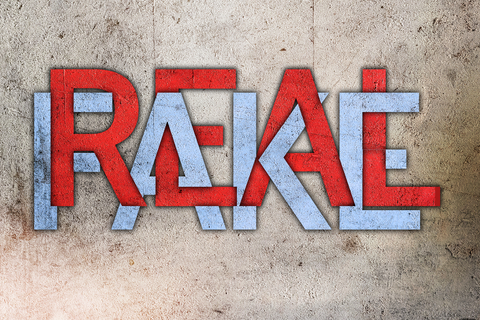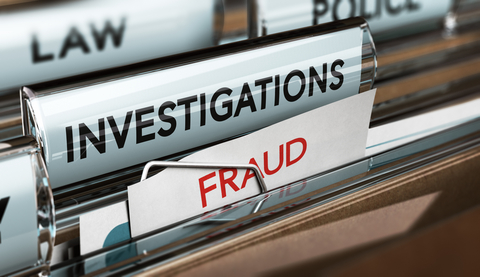Due Diligence Hall of Shame 2 – Even star athletes get burned
I didn’t need to look long or far for the next entry onto the Due Diligence Hall of Shame. Right there, on the front page of my local newspaper, the Denver Post, I found this article about a $30 million Ponzi-like investment scam.
Apparently several clients, including Broncos quarterback Mark Sanchez, Rockies pitcher Roy Oswalt, and other star athletes, trusted their hard-earned $$ to Ash Narayan, formerly of RGT Capital Management. According to the SEC, Narayan “gained their trust through religion and their interest in charitable works.”
But, instead of the conservative, low-risk investments that his clients requested, Narayan funneled their money into his own failing business – a detail he neglected to disclose. And his attorney’s response? “Mr. Narayan has always sought to act in his clients’ best interests.” Not sure his clients feel that way, though, considering their losses.
Once you get further into the story, the red flags are waving. Someone should have noticed, and it appears that no one took the time or effort for any due diligence.
Here are some of of the signs that something wasn’t right before and after these clients invested and how to avoid making huge due diligence mistakes like these:
I don’t care if he is a Christian, do a background check before investing. Sorry to say that all religions have their fraudsters. In fact, houses of worship and charitable causes are prime targets, because we tend to trust those with shared values.
Always check claimed credentials. San Francisco Giants pitcher Jake Peavy said he trusted Narayan because he was a Certified Public Accountant. He wasn’t, and it takes just a few minutes to verify with state boards.
Due diligence doesn’t end after you invest. Carefully monitor your funds, don’t put all your eggs in one basket, and verify all investments. Sanchez OK’d a $100K investment, although Narayan eventually funneled about $7 million into the company and his own pockets.
Trust is one thing, as are shared values and sterling credentials. Always verify, though, or you could find yourself on the Due Diligence Hall of Shame.



